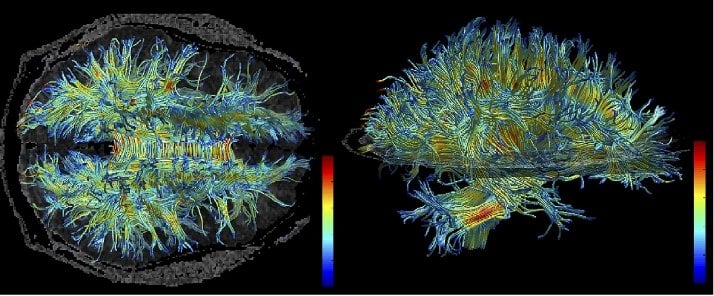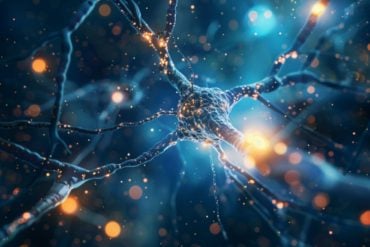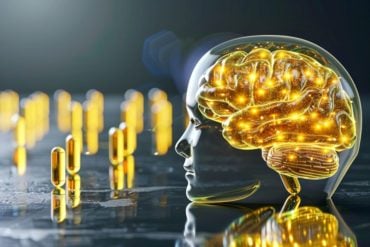A crucial first step in finding biological mechanisms of normal aging.
For the first time in a large study sample, the decline in brain function in normal aging is conclusively shown to be influenced by genes, say researchers from the Texas Biomedical Research Institute and Yale University.
“Identification of genes associated with brain aging should improve our understanding of the biological processes that govern normal age-related decline,” said John Blangero, Ph.D., a Texas Biomed geneticist and the senior author of the paper. The study, funded by the National Institutes of Health (NIH), is published in the November 4, 2013 issue of the Proceedings of the National Academy of Sciences. David Glahn, Ph.D., an associate professor of psychiatry at the Yale University School of Medicine, is the first author on the paper.

In large pedigrees including 1,129 people aged 18 to 83, the scientists documented profound aging effects from young adulthood to old age, on neurocognitive ability and brain white matter measures. White matter actively affects how the brain learns and functions. Genetic material shared amongst biological relatives appears to predict the observed changes in brain function with age.
Participants were enrolled in the Genetics of Brain Structure and Function Study and drawn from large Mexican Americans families in San Antonio. Brain imaging studies were conducted at the University of Texas Health Science Center at San Antonio Research Imaging Institute directed by Peter Fox, M.D.
“The use of large human pedigrees provides a powerful resource for measuring how genetic factors change with age,” Blangero said.
By applying a sophisticated analysis, the scientists demonstrated a heritable basis for neurocognitive deterioration with age that could be attributed to genetic factors. Similarly, decreasing white matter integrity with age was influenced by genes., The investigators further demonstrated that different sets of genes are responsible for these two biological aging processes.
“A key advantage of this study is that we specifically focused on large extended families and so we were able to disentangle genetic from non-genetic influences on the aging process,” said Glahn.
Notes about this aging and genetics research
This research was supported by NIH grants MH0708143, MH078111, MH083824, MH59490, EB015611, C06 RR13556, CO6 RR017515, S10 RR029392.
Contact: Joseph Carey – Texas Biomedical Research Institute
Source: Texas Biomedical Research Institute press release
Image Source: The image is credited to Kubicki M., McCarley R.W., Westin C-F., Park H-J., Maier S.E., Kikinis R., Jolesz F.A., and Shenton M.E. The image is licensed as Creative Commons Attribution-Share Alike 3.0 Unported
Original Research: Abstract for “Genetic basis of neurocognitive decline and reduced white-matter integrity in normal human brain aging” by David C. Glahn, Jack W. Kent, Jr., Emma Sprooten, Vincent P. Diego, Anderson M. Winkler, Joanne E. Curran, D. Reese McKay, Emma E. Knowles, Melanie A Carless, Harald H. H. Göring, Thomas D. Dyer, Rene L. Olvera, Peter T. Fox, Laura Almasy, Jac Charlesworth, Peter Kochunov, Ravi Duggirala, and John Blangero in PNAS. Published online November 4 2013 doi:10.1073/pnas.1313735110






